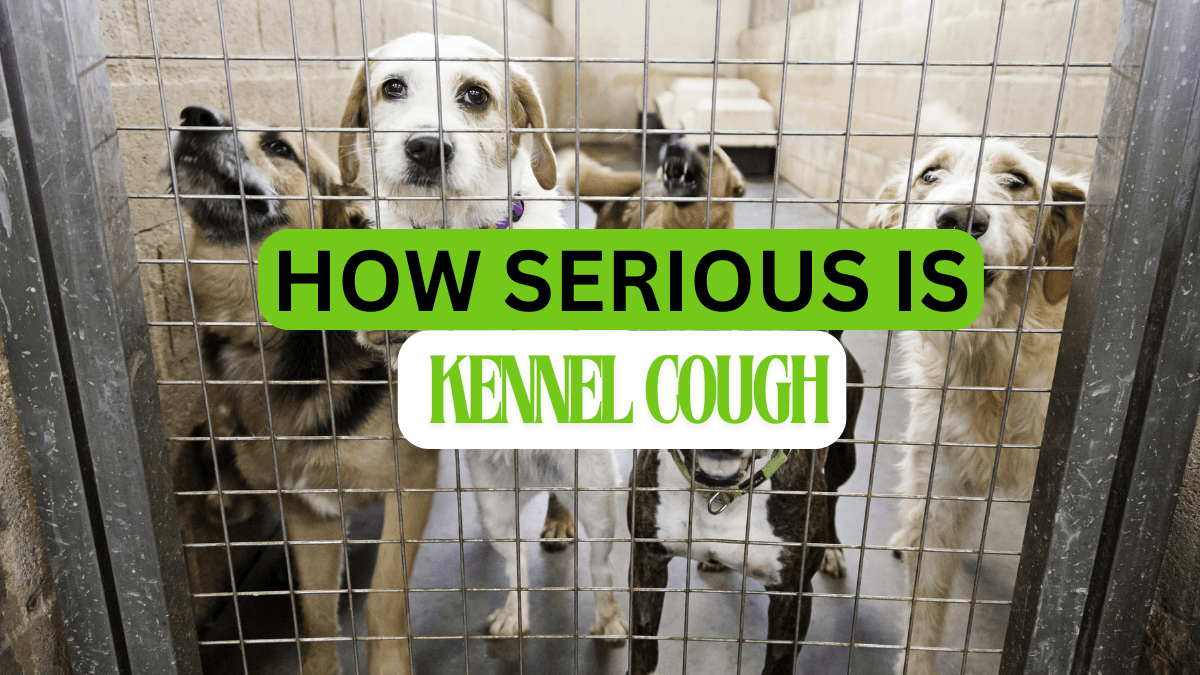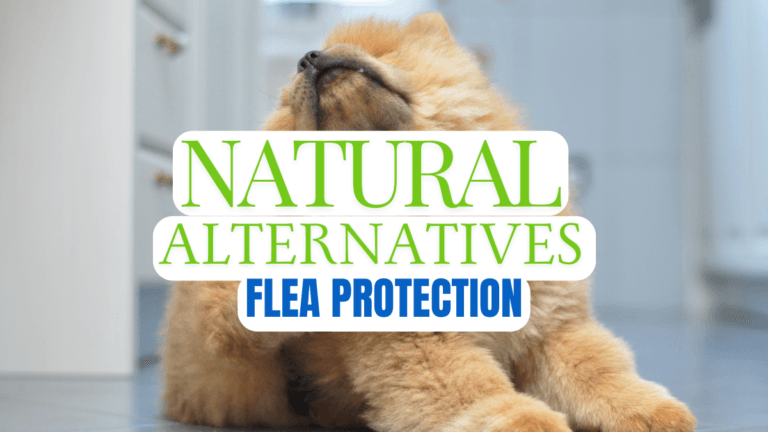Kennel Cough: Understanding the 3 Hidden Threats to Your Dog’s Health
Kennel Cough: Understanding the 3 Hidden Threats to Your Dog’s Health Facebook Youtube Instagram Kennel Cough: Start Here Kennel cough, a term that evokes concern among pet owners, is a highly contagious respiratory infection that can affect dogs of all ages and breeds. It spreads quickly, especially in environments…
Kennel Cough: Understanding the 3 Hidden Threats to Your Dog's Health
Kennel Cough: Start Here
Kennel cough, a term that evokes concern among pet owners, is a highly contagious respiratory infection that can affect dogs of all ages and breeds. It spreads quickly, especially in environments where dogs are in close contact, such as boarding facilities, dog parks, and grooming salons. Kennel cough can lead to serious health complications if not treated promptly. Here’s a detailed look at what kennel cough is, its symptoms, causes, and preventive measures.
Related: What to do if your dog has heartworm?
Related: Should you get a Dog DNA Test?
What is Kennel Cough?
Kennel cough, also known as canine infectious tracheobronchitis, is a complex respiratory infection that affects the trachea and bronchi of dogs. It is caused by a combination of viruses and bacteria, the most common being the Bordetella bronchiseptica bacterium and the canine parainfluenza virus. When these pathogens invade a dog’s respiratory system, they cause inflammation and irritation of the airways, leading to a distinctive, harsh cough.
Symptoms of Kennel Cough
Kennel cough manifests through several noticeable symptoms that should alert pet owners to seek veterinary care:
- Persistent, Dry Cough: The most recognizable symptom is a dry, hacking cough that sounds like a honking goose. This cough can be so severe that it causes retching or gagging.
- Sneezing and Runny Nose: Infected dogs may exhibit frequent sneezing and nasal discharge.
- Lethargy: Affected dogs often appear tired and less active than usual.
- Loss of Appetite: Reduced interest in food and water can occur due to discomfort in the throat.
- Fever: Some dogs may develop a mild fever as their body fights off the infection.
How Kennel Cough Spreads
The contagious nature of kennel cough makes it a significant concern for dog owners. The infection spreads through:
- Airborne Particles: Coughing and sneezing release droplets containing the infectious agents, which other dogs can inhale.
- Direct Contact: Dogs can contract the infection by coming into close contact with an infected dog.
- Contaminated Surfaces: The bacteria and viruses can survive on surfaces such as food bowls, toys, and bedding, posing a risk to dogs that come into contact with these items.
Risk Factors for Kennel Cough
Certain conditions increase the likelihood of a dog contracting kennel cough:
- Crowded Environments: Dogs that spend time in kennels, shelters, or doggy daycares are at higher risk due to the close proximity to other dogs.
- Age and Health Status: Puppies, elderly dogs, and those with weakened immune systems are more susceptible to infection.
- Stress: Stressful situations, such as boarding or traveling, can weaken a dog’s immune system, making them more vulnerable to kennel cough.
Related: How to Care for Your Aged Dog, Tips
Preventive Measures
Preventing kennel cough involves a combination of vaccination, good hygiene practices, and minimizing exposure to high-risk environments:
- Vaccination: The Bordetella vaccine is the most effective way to protect your dog from kennel cough. It is available as an injectable, nasal spray, or oral medication. Consult your veterinarian to determine the best vaccination schedule for your dog.
- Avoiding High-Risk Areas: If your dog is not vaccinated or is at higher risk, try to avoid places where large groups of dogs gather, such as dog parks and boarding facilities.
- Maintaining Cleanliness: Ensure that your dog’s living area is clean and disinfected regularly. Avoid sharing food bowls, toys, and bedding with other dogs.
- Strengthening the Immune System: A healthy diet, regular exercise, and reducing stress can help bolster your dog’s immune system, making them less susceptible to infections.
- Hire a HouseSittter or PetSitter to care for your pet while you are away. Not only will it keep your pet on schedule but they will remain in an environment where they feel the most comfortable.
Treatment and Recovery
If your dog contracts kennel cough, early intervention is crucial for a swift recovery:
- Veterinary Care: Consult your veterinarian for a proper diagnosis and treatment plan. Antibiotics may be prescribed to treat bacterial infections, and cough suppressants can help manage symptoms.
- Rest and Isolation: Keep your dog isolated from other dogs to prevent the spread of the infection. Ensure they get plenty of rest and avoid strenuous activities.
- Hydration and Nutrition: Encourage your dog to drink water and eat a nutritious diet to support their recovery. Soft foods may be more comfortable for them to eat if they have a sore throat.
Kennel cough is a highly contagious respiratory infection that poses a significant threat to dogs. By understanding its symptoms, causes, and preventive measures, pet owners can take proactive steps to protect their furry companions. Vaccination, good hygiene practices, and timely veterinary care are essential in keeping your dog healthy and safe from the risks of kennel cough.







